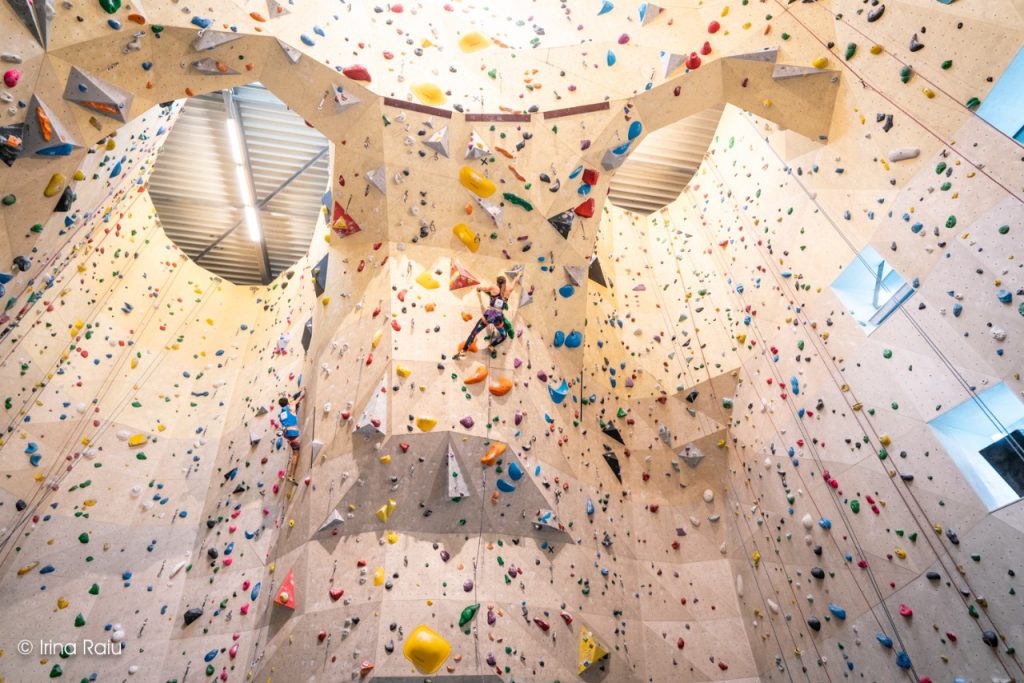Hiking courses offer organized learning activities for persons wanting to investigate the vertical world. These classes cater to climbers of most levels, from newcomers taking their first measures on the wall to experienced experts seeking to refine their abilities or tackle new challenges. An average of, hiking classes are made and light emitting diode by skilled instructors who impart their information, expertise, and desire for hiking to participants.
The curriculum of a climbing course frequently addresses a wide range of topics needed for safe and enjoyable climbing. Novices may learn basic skills such as tying knots, belaying methods, correct equipment utilization, and fundamental hiking movement. Intermediate classes might delve in to heightened matters like cause climbing, point building, option reading, and chance management. Advanced programs may focus on specialized methods for several types of hiking, such as for instance trad climbing, activity climbing, or bouldering, along with sophisticated recovery and self-rescue skills.
Hands-on exercise is a main part of climbing programs, allowing individuals to apply what they’ve realized in a controlled environment under the guidance of instructors. Climbing gyms, outdoor crags, and specialized teaching services give the right venues for realistic ability development. Players get personalized feedback and teaching from instructors, helping them improve their techniques and construct self-confidence on the wall.
Beyond complex skills, climbing classes frequently stress essential elements such as for instance hiking ethics, environmental stewardship, and risk assessment. Individuals understand Leave No Track maxims, responsible outdoor conduct, and the significance of keeping climbing places for future generations. Furthermore, they gain insights to the emotional areas of climbing, such as for example purpose setting, overcoming anxiety, and maintaining target and focus during demanding climbs.
Many hiking classes also provide possibilities for neighborhood building and camaraderie among participants. Climbing is inherently a cultural activity, and programs provide a encouraging atmosphere wherever climbers may join, reveal activities, and inspire one another to drive their limits. Whether it’s cheering on a other climber as they handle a hard route or celebrating accomplishments together at the conclusion of the program, the sense of camaraderie fosters a strong sense of belonging within the hiking community.
Safety is paramount in hiking, and hiking courses prioritize teaching players how exactly to determine and mitigate risks effectively. From correct gear examination and preservation to crisis techniques and connection protocols, participants understand necessary safety techniques which are critical for a secure hiking experience. Instructors impress a tradition of protection recognition and enable members to make knowledgeable conclusions while climbing independently.
Climbing programs frequently give you a pathway for people interested in pursuing hiking as a vocation or becoming authorized instructors themselves. Accreditation applications and mentorship opportunities offer future instructors with working out and guidance they should train climbing skills effectively and responsibly. Through a combination of class instruction, kurs wspinania experience, and mentorship, members gain the information and self-confidence to cause hiking classes and reveal their passion for climbing with others.

To sum up, climbing courses present important understanding experiences for climbers of most degrees, providing a organized pathway for talent progress, personal growth, and community engagement. Whether it’s learning basic techniques, refining sophisticated skills, or using a career in hiking instruction, participants benefit from specialist instruction, hands-on practice, and a helpful understanding atmosphere that fosters a lifelong love for climbing.
